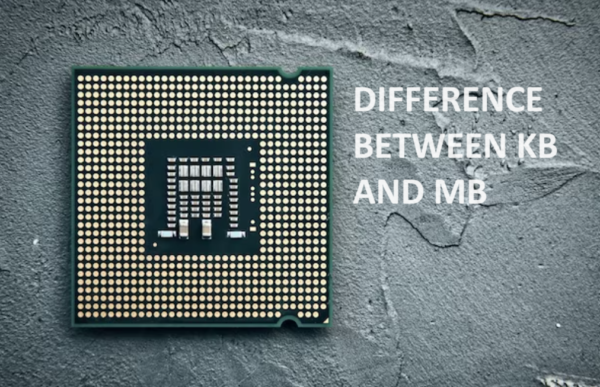Understanding Digital Storage Units: Kilobytes (KB) vs. Megabytes (MB) The sizes of digital files and data are measured in kilobytes (KB) and megabytes (MB) units of measurement. MB stands for greater sizes, while KB is for smaller ones. Comprehending the distinction between the two is essential for efficient storage administration and file arrangement. Distinguishing KB […]
